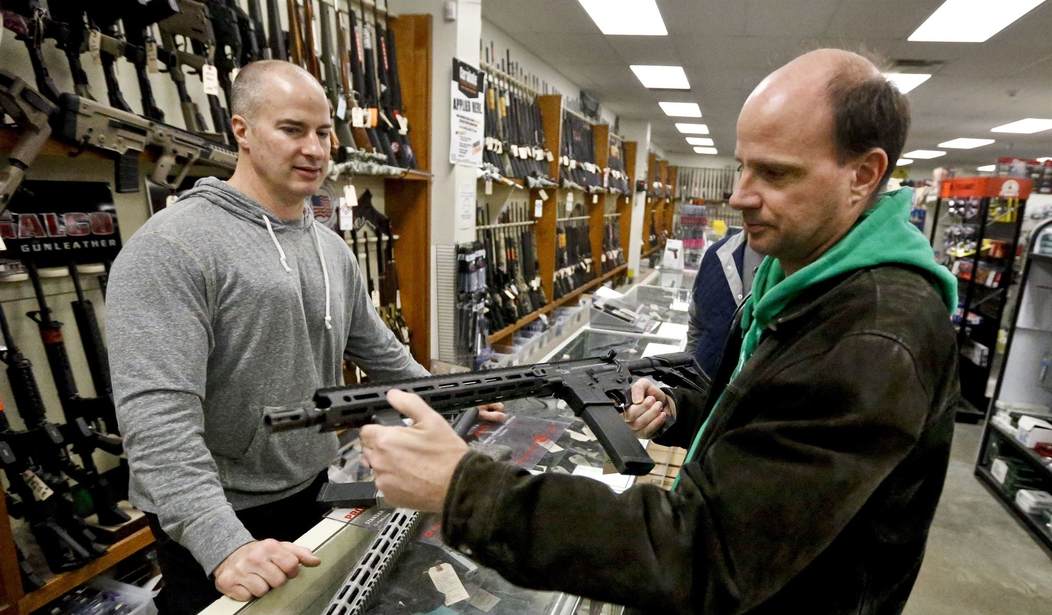When gun control passes, many people figure you’ll see a decline in gun sales. Depending on the law in question, that may make some sense. For example, if you ban AR-15s, you’re going to see a dip in sales because those who want that kind of rifle aren’t going to pick up a bolt-action rifle instead.
But last year, Congress passed the Safer Communities Act in a bipartisan vote.
It seems some think a dip in gun sales here and now is the result of that bill. Is it? According to some, not likely.
President Joe Biden signed an executive order in March that seeks to ensure background checks are done on all firearms before they are sold. Some argue that increasing restrictions on who can purchase a gun will cause gun sales to drop, but does it?
According to Justin Bohn with Sturgis Guns, Spring is always a time of year when gun sales begin to dip. Aside from the time of year Bohn says that covid created an unusual bump for their sales and they are seeing that bump begin to level out now. Bohn argues that the procedure for background checks has not changed for them since the order.
“No the checks have stayed the same the requirements are the same. Driver’s license, the background check is done on every gun we sell. So you can’t get around that… there’s no way to get around that,” said Bohn.
He argues that they have always performed federal background checks before sales and that this executive order doesn’t have the impact on them that it may have on others. Another employee at Sturgis Guns thinks this has more to do with the treatment a person may get in the shop.
That’s because there was nothing in the bill that would impact the demand for guns, just the supply.
For example, redefining how many sales make one a dealer simply shifts how people offload guns. If they seek to liquidate a collection or whatever and it will put them over that limit, they either sell part of it one year and part another or they simply put it up for consignment at a gun store.
That’s a supply thing.
What people want to buy is still available. There’s nothing precluding them from buying. They’re just not buying like they did, and likely for the reasons outlined above.
Sales are bound to drop as people feel more secure after 2020’s pandemic followed by civil unrest. Even if things aren’t great, many aren’t so much worried about the nation imploding around them just this second.
Plus, guns are a fairly big-ticket item. You’re going to see a bigger surge in sales in the first part of the year as people get their income tax returns and use that to purchase new firearms.
That part has mostly come and gone, though, so now it settles in for a bit.
Nothing in the most recent gun control measure would have any impact on any of that. If anything the government did is hurting gun sales, it’s inflation. Sure, it’s better than it was in June of last year, but it’s not exactly great.
Yet that will have an impact on discretionary spending for a lot of folks. They’re not going to buy a gun they don’t feel a pressing need for when groceries are still way too expensive.
But it wasn’t the gun bill that did it.








Join the conversation as a VIP Member